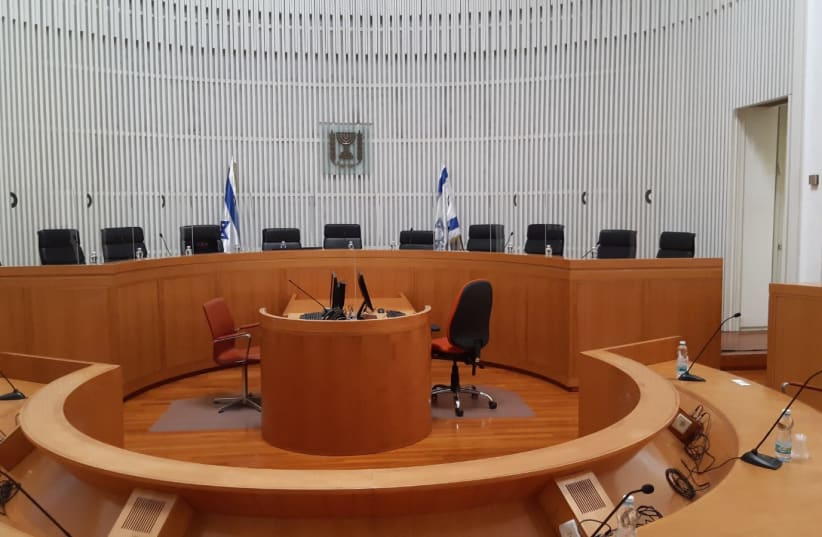With just a few days left until the deadline set by the High Court of Justice to include single fathers and same-sex couples in Israel’s surrogacy law, the government has still failed to take any action on the matter.
The deadline was set in a partial ruling in a suit filed by Etai Pinkas, an LGBTQ+ activist who has in the past served as chairman of the Aguda – Israel’s LGBTQ Task Force.
The High Court of Justice issued a partial ruling a year ago on February 27, 2020, stating that the current formation of the Agreements for the Carriage of Fetuses Law, commonly known as the Surrogacy Law, was discriminatory and violated Basic Law: Human Dignity and Liberty, specifically in terms of violating the right to equality.
However, the judges felt that parts of the law were important for protecting the rights of surrogate mothers and decided that the Knesset should be given the opportunity to amend the law instead of the court adjusting the law itself. They therefore issued a deadline for 12 months after the ruling – Monday March 1, 2021. By that date, the Knesset is required to provide a notice on whether the constitutional defects have been remedied. The petitioners will then have 30 days to respond to the notice.
As of press time, no such action by the Knesset has been taken.
The High Court will then issue a final decision based on the government’s notice and the petitioner’s response.
High Court President Esther Hayut stressed in the partial ruling last year that the court had two options on how to remedy the situation, but that neither options were optimal.
The first option is for the court to “read into the law,” which would allow it to remove the unconstitutional parts without needing to repeal it. This would allow the law to apply to all population groups and in all cases in accordance with its current wording.
This option would be difficult to carry out as it would require a number of changes in two pieces of legislation and may require reference to measures to protect the purpose of the law, such as setting a maximum price for surrogacy and the possibility of altruistic surrogacy, which could affect the fabric of the law.
The second option is for the court to annul the unconstitutional parts of the law, but that would also require relatively extensive use of judicial legislation in order to supplement deficiencies caused by annulling those parts.
THE SURROGACY LAW, amended in 2018, allows married heterosexual couples and single women to have children through surrogacy, but not single fathers or same-sex couples. That same year, Prime Minister Benjamin Netanyahu stated that he would support a bill to allow same-sex couples to have children through surrogacy, but so far has failed to do so. At the time, the haredi parties threatened to topple the government if such a bill was passed.
An attempt to pass a bill that would allow for single fathers and same sex couples to have children through surrogacy fell in a preliminary reading last December.
“The Israeli government violated the High Court ruling by failing to amend the Surrogacy Law in the past year,” said Ohad Hizki, director-general of the Aguda.
“It is not our fault that the Israeli governments have failed time and again to eliminate discrimination against the LGBTQ+ community,” he said. “The time has come for the High Court to grant the necessary relief and end the farce of discrimination in surrogacy. Everyone deserves the right to start a family and we will continue to fight for it in surrogacy, adoption, parenting and marriage.”
After the Surrogacy Law in its current form was passed in 2018, LGBTQ+ Israelis and allies protested en masse throughout Israel in some of the largest protests ever carried out by the LGBTQ+ community. A nationwide strike was held in support of the community on Tisha Be’av of that year.
A number of companies, including the Israel Electric Corporation, announced soon after that they would provide financial aid to employees seeking to have children through surrogacy.
